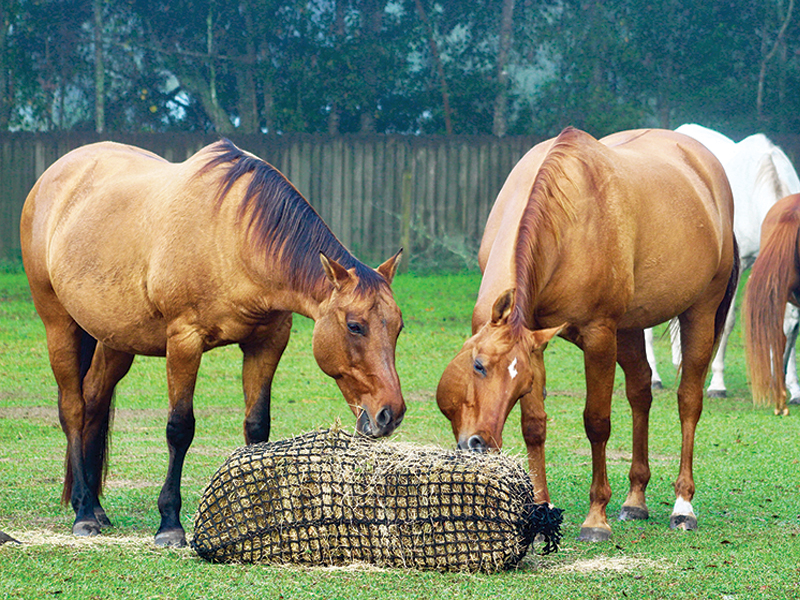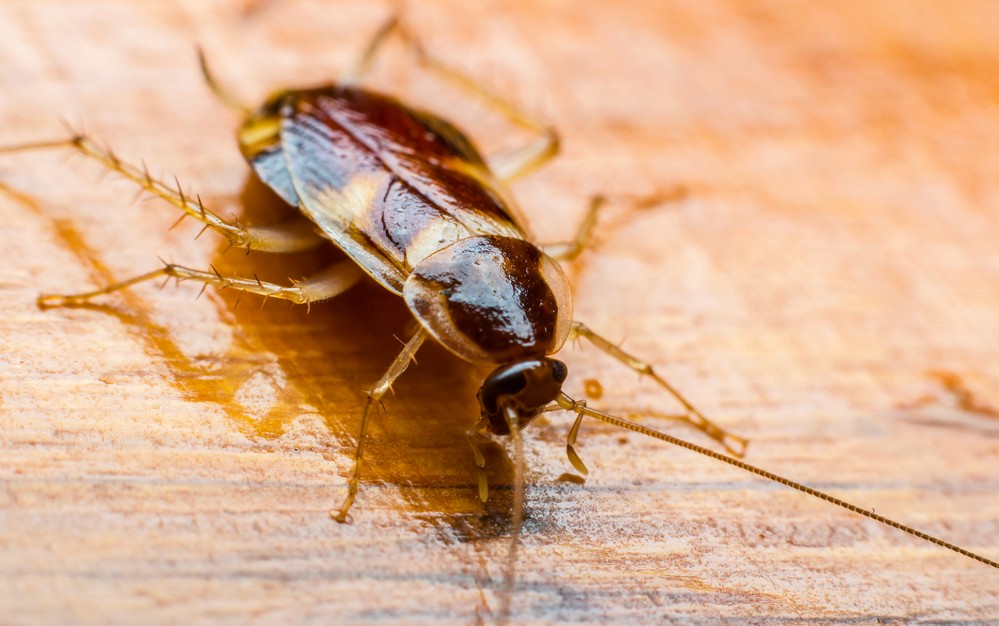As the equine industry evolves, so too does our understanding of what constitutes optimal horse nutrition. In recent years, a notable shift has occurred toward more natural, sustainable feeding practices, with forage-based horse feed emerging as a cornerstone of modern equine dietary programs. But is this shift a fleeting trend, or does it represent a lasting change in how we care for our horses? Let’s explore the science, benefits, and long-term implications of forage-based horse feed.
The Rise of Forage-Based Feeding
Historically, horses have evolved as grazing animals, spending up to 18 hours a day consuming a variety of grasses and other forage. This continuous intake of fibrous material keeps their digestive systems functioning smoothly, supports dental health, and promotes mental well-being. Despite this, traditional feeding practices have often prioritized grains and concentrated feeds, especially in performance and competition horses.
However, growing concerns about metabolic disorders, digestive issues, and behavioral problems have led many owners and nutritionists to reconsider. Forage-based horse feed, which prioritizes high-quality hay, pasture, and forage pellets or cubes, is now being recognized for aligning more closely with a horse’s natural dietary needs.
Nutritional Science Behind Forage
Forage provides essential nutrients that are crucial for maintaining a horse’s health. High-fiber feeds support the hindgut microbiome, which plays a vital role in digesting fiber, synthesizing vitamins, and preventing harmful microbial overgrowth. When horses consume adequate forage, they are less likely to suffer from ulcers, colic, and laminitis—conditions that are often linked to high-starch, low-fiber diets.
Moreover, forage-based diets contribute to a more stable blood sugar profile, reducing the risk of insulin resistance and other metabolic syndromes. This is particularly important for breeds predisposed to such conditions, including ponies, Morgans, and Arabians.
Benefits of a Forage-First Approach
1. Digestive Health
Horses have a complex and sensitive digestive system. A steady supply of forage helps maintain gut motility and fosters the growth of beneficial bacteria. This minimizes the risk of gastrointestinal disturbances and supports overall digestive efficiency.
2. Behavioral and Psychological Well-Being
Boredom and stress are significant issues for stabled horses. A diet high in forage satisfies their natural chewing behavior, which can reduce cribbing, weaving, and other stereotypic behaviors. This leads to happier, more balanced animals.
3. Cost-Effectiveness and Sustainability
High-quality forage is often more affordable than grain-based concentrates. It also has a smaller environmental footprint, particularly when sourced locally. This aligns with the growing demand for sustainable horse management practices.
4. Weight Management
Forage-based feeding allows for better regulation of body condition. By adjusting the quantity and quality of forage, owners can manage their horses’ caloric intake more precisely, helping prevent both obesity and undernourishment.
Addressing the Challenges
While forage-based horse feed offers many advantages, it is not without challenges. Ensuring that horses receive a balanced diet solely from forage can be difficult, especially for high-performance athletes or those with specific nutritional needs. In such cases, supplementation with vitamins, minerals, and sometimes limited concentrates is necessary.
Furthermore, the quality of forage can vary widely based on factors such as harvest time, storage, and weather conditions. Regular forage testing and careful selection are essential to meet the dietary requirements of different horses.
Innovations in Forage-Based Feed
The market has responded to the growing interest in forage with a variety of innovative products. Forage balancers, chopped forage blends, and haylage options provide convenience and consistency, making it easier for owners to implement a forage-first feeding strategy. Additionally, advances in agricultural science have led to the development of high-nutrient forage crops, improving the nutritional profile of hay and pasture.
Case Studies and Industry Adoption
Many top equestrian facilities and veterinarians are now endorsing forage-based horse feed. For instance, endurance riders have long recognized the importance of forage for sustained energy and hydration. Likewise, therapeutic riding centers favor forage-first diets for their calming effect on horses.
Research conducted by leading equine nutrition institutions found that horses on forage-rich diets exhibited fewer colic episodes and improved gut health markers. These findings bolster confidence in forage as not just a foundational feed but also the future standard.
The Future of Equine Nutrition
The shift toward forage-based horse feed is more than just a trend—it reflects a broader movement toward holistic, evidence-based horse care. As technology continues to improve our ability to analyze and optimize forage, and as more owners witness the tangible benefits, it’s likely that forage-based feeding will become the norm rather than the exception.
Additionally, climate change and economic pressures are pushing the industry to find sustainable solutions. Forage, particularly when grown and harvested responsibly, offers a renewable and low-impact nutritional source that meets these evolving demands.
Final Thoughts
While there will always be scenarios where concentrated feeds are necessary, the overarching message is clear: forage-based horse feed aligns with both horses’ biological needs and the ethical considerations of modern equine management. By placing forage at the center of equine nutrition, we honor horses’ natural history and pave the way for a healthier, more sustainable future.
So, is forage-based horse feed a trend or the future of equine nutrition? The evidence suggests it is both: a current trend driven by necessity and awareness, and a future standard backed by science and experience. As more horse owners embrace this philosophy, the well-being of our equine companions is set to improve dramatically.





